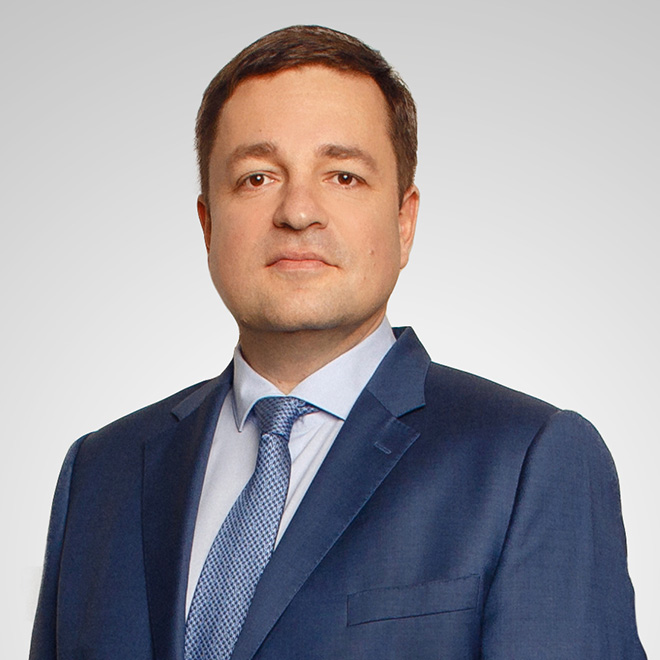Let’s Do It, Brothers! On obstacles to professional advocacy and ways to resolve issues

Not only was 2020 marked by difficulties resulting from the COVID-19 pandemic but also by frequent difficulties and non-legal obstacles to the unhampered existence of the legal profession.
The list of these obstacles is extensive, so I will focus on a few of them.
1. Unsubstantiated criminal liability of lawyers for alleged remuneration for services that were not provided by them:
- criminal case against Konsors Bar Association of the Moscow Region lawyers,
- criminal case against Tretyakov & Partners law firm’s Chairman, etc.
2. Preventing access by lawyers to citizens detained during illegal protests using the artificial pretext of the Fortress plan (which is only supposed to be put in effect in case there is a real threat to a police station), etc.
3. Compulsory attendance by Chamber of Advocates members during searches replaced with “office search” surveillance without a legal representative’s presence, which is a serious violation of lawyers’ rights and constitutes another tendentious example of the state stifling legal dissent.
4. Administrative liability of lawyers for providing legal aid to those detained during large-scale events.
5. Use of physical force and administrative liability by law enforcement officers against lawyers who arrive at a police station to give legal advice to detained citizens.
The above are remarkable examples of how law enforcement officials neglect the rights and legal interests of both lawyers and citizens.
There are plenty of negative examples, however, the case is more about the unsettling patterns that indicate a negative tendency of discriminating against constitutional civil rights to defence and equality before the law and the courts, freedom of thought and speech, freedom of information, and the right to hold public events. The emerging malpractice is ubiquitous: when a criminal case is opened and charges are lodged, law enforcers strive to ensure the accused is convicted and sentenced, even if it is obvious that the accused is not guilty or the accused’s guilt is not proven.
The issues of unlawful criminal or other prosecution of businessmen, all-too-common presumption of guilt by law enforcers, attempts to settle disputes with custom-made criminal cases, and undue pressure on courts and the defence teams are only exacerbated in the business environment.
In the situation described above, Russia’s best advocates and law firms take steps towards decreasing criminal risks for citizens, companies and advocates themselves. For instance, when working with business clients, the emphasis is put on legal audit, in-house education in the law, and compliance programmes. Given the tendencies above, in cases prosecution, and even where there is only the possibility of prosecution, honest advocates strive to dismiss legal pressure prior to starting a case, or at least before it is sent to court.
Understanding that these issues are not going to be addressed without drawing the attention of public authorities and civil society to them, lawyers participate in various Advisory Boards under the Russian Government, the Council of Federation of the Federal Assembly of the Russian Federation, Russia-wide civil society organisations, etc.
To eliminate the abovementioned negative tendencies altogether, or simply mitigate the associated harmful effects, lawyers more frequently put forward initiatives to combine their own corporate efforts, as well as the efforts of different structures of civil society.
It is nearly impossible to address these issues without a hands-on approach of attorney partnership and individual advocates.
